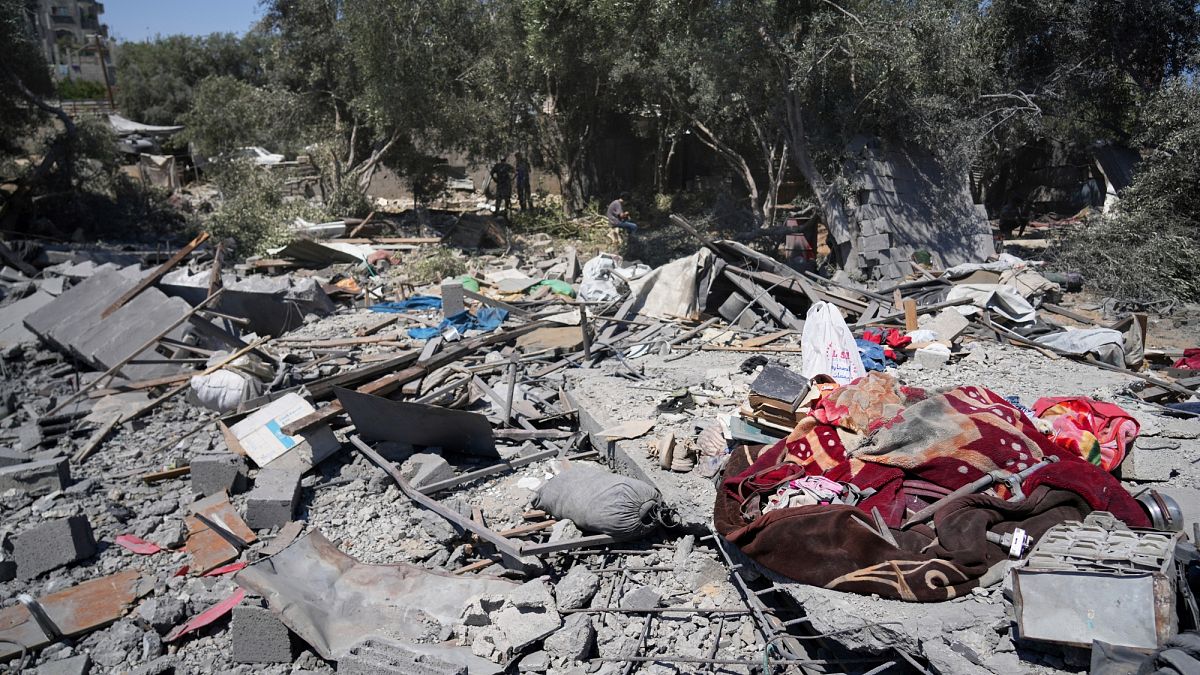

In an increasingly tense atmosphere, recent events in Gaza and Ukraine highlight the urgent need for diplomacy and peace. Israeli airstrikes in Gaza have led to tragic consequences, while Ukraine grapples with ongoing security challenges. Both regions face critical moments that require calm and focused attention.
In Gaza, a somber atmosphere prevails following several airstrikes that resulted in a significant loss of life. Among the most heart-wrenching incidents was an unintended attack near a water collection point in Nuseirat, central Gaza, which claimed the lives of ten people, including six children. The Israeli military has attributed this tragedy to a “technical malfunction in the munition.” Another strike in the central town of Zawaida resulted in nine fatalities, adding to the overall distress. These events have contributed to the rising death toll, which reports indicate has surpassed 58,000, with many casualties being women and children.
Compounding these tragedies, violence in the West Bank between Israeli settlers and Palestinians has led to further fatalities. Palestinians Sayfollah “Saif” Musallet and Razek Hussein al-Shalabi were victims of an attack, prompting calls for investigations and accountability. The United States Department of State has been called upon to look into Musallet’s death, highlighting international concern over the regional violence.
Meanwhile, in Ukraine, conflicts with Russia persist as Ukrainian intelligence agencies claim significant developments in their efforts against Russian covert operations. The Security Service of Ukraine (SBU) has announced the neutralization of Russian agents suspected of involvement in the assassination of Colonel Ivan Voronych, a member of the SBU, in Kyiv. This points to underlying tensions that continue to challenge Ukraine’s stability and security.
The broader geopolitical landscape in Ukraine is marked by cautious strategies as leaders acknowledge a prolonged absence of ceasefire prospects with Russia. Ukrainian and international perspectives stress the importance of strategic planning and resilience in the face of ongoing threats. Recognition of the current realities, including the risks of renewed aggression, has informed a possible shift toward “strategic neutralization” of threats.
In these challenging scenarios, the call for proactive diplomacy is more urgent than ever. In Gaza, there is a strong demand for humanitarian aid to alleviate the civilian suffering exacerbated by the conflict. Ukraine, on the other hand, is focusing on fortifying its defense posture while engaging with international allies for sustained support.
These conflicts underscore a crucial moment for the international community to renew efforts toward peaceful resolutions. Establishing channels for dialogue and cooperation is imperative to navigate this complex geopolitical landscape. As the situation evolves, it remains vital for all parties to maintain a commitment to peaceful negotiations and humanitarian principles.
Source: {link}
